Out of My Place (Sky Fong)
14min 56s – 16:9
Synopsis
Monica is a Chinese immigrant living with her boyfriend, Alan, in the UK. After having a lunch date with her colleague, Bonnie, she begins to desire something more than her monotonous life.
Artist Statement
Out of My Place is a film that surrounds Monica, an immigrant who flew from China to the UK but is unable to integrate into the society. She sticks to her routine and ethnic circle with her boyfriend, but a conversation with her British colleague, Bonnie, sparks her to dream about something more. She dreams about taking flight and taking a chance in possibly establishing a stronger relationship with Bonnie, but a party with mostly white people has taken her aback. The leaps in dance are like as if they are taking flight, where borders between them are transcended and shattered.
The film is stemmed from my dissertation research into the idea of dream ballets in Golden Age Hollywood films, where I analysed how musicals in the past focus on entertainment and providing an “implied dream” that the audience can escape in. However, my film wants to put the musical genre through an immigrant gaze, and represent the reality my characters are facing. There are efforts in scriptwriting and production to ensure the reality of it is in tact, while playing around with inspirations from musicals and explorations into characters’ dream worlds. The film is a statement on how musicals can be revitalised through an immigrant gaze and have possibilities to be something more than pure entertainment.
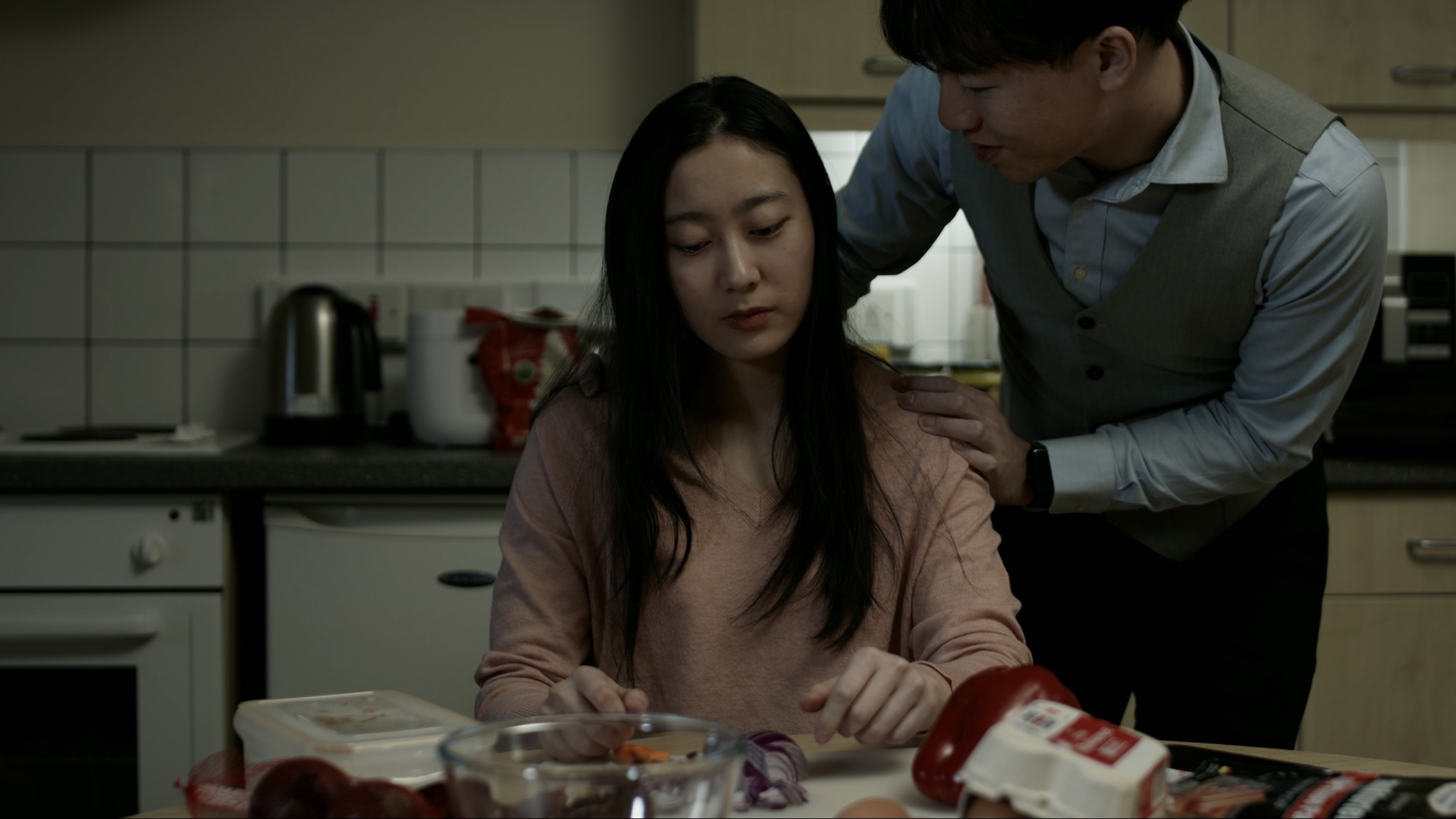
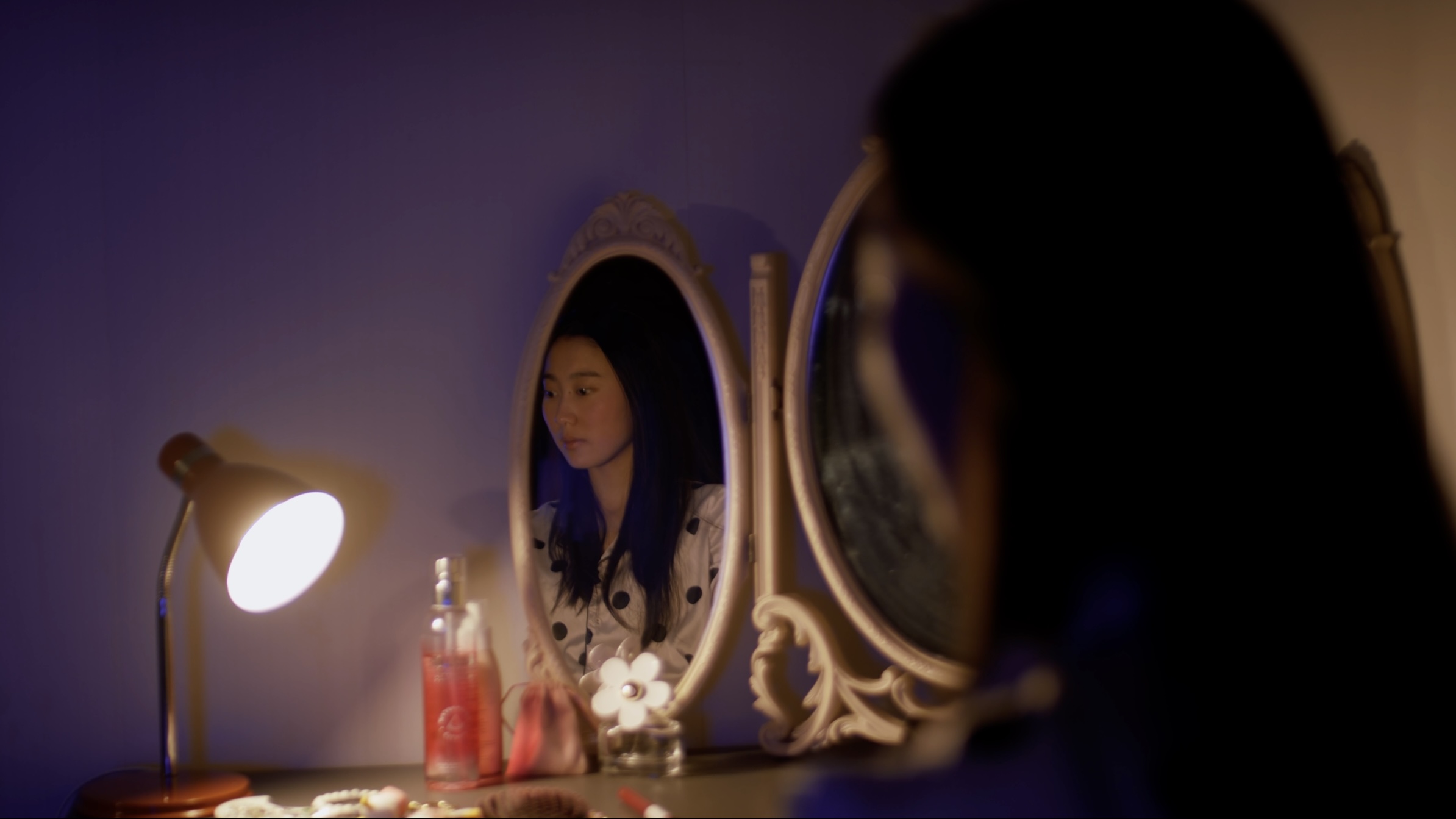
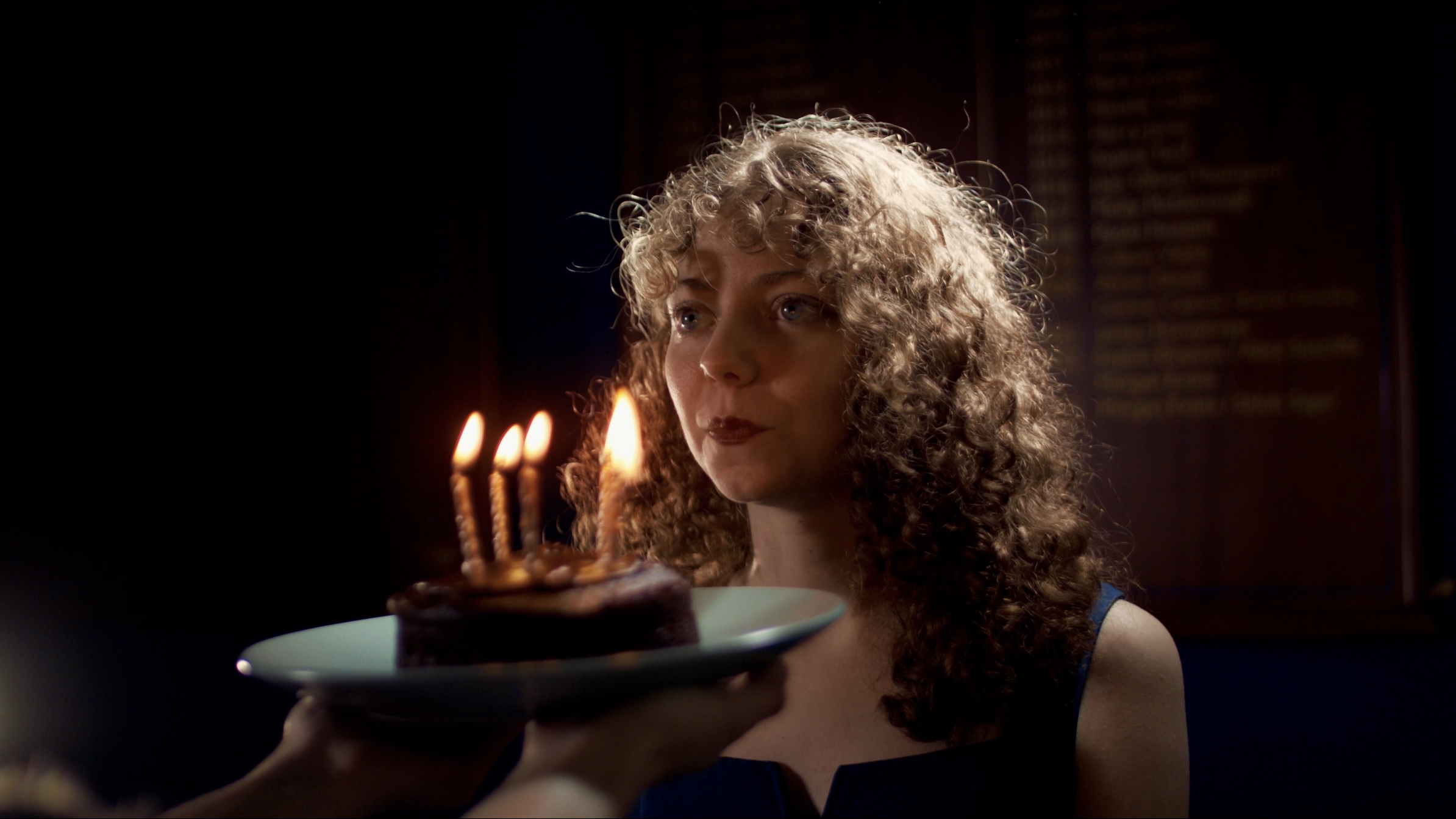
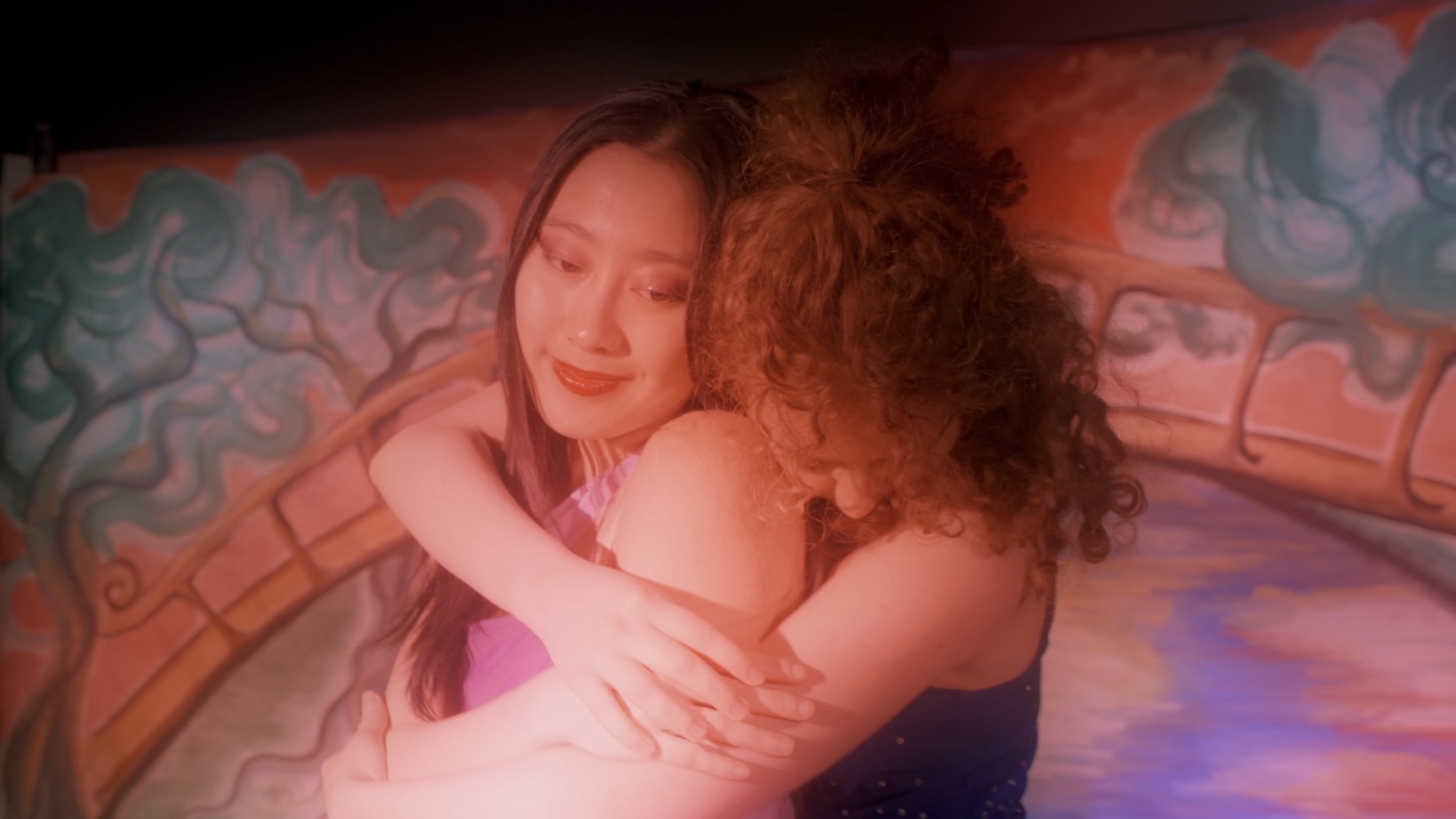
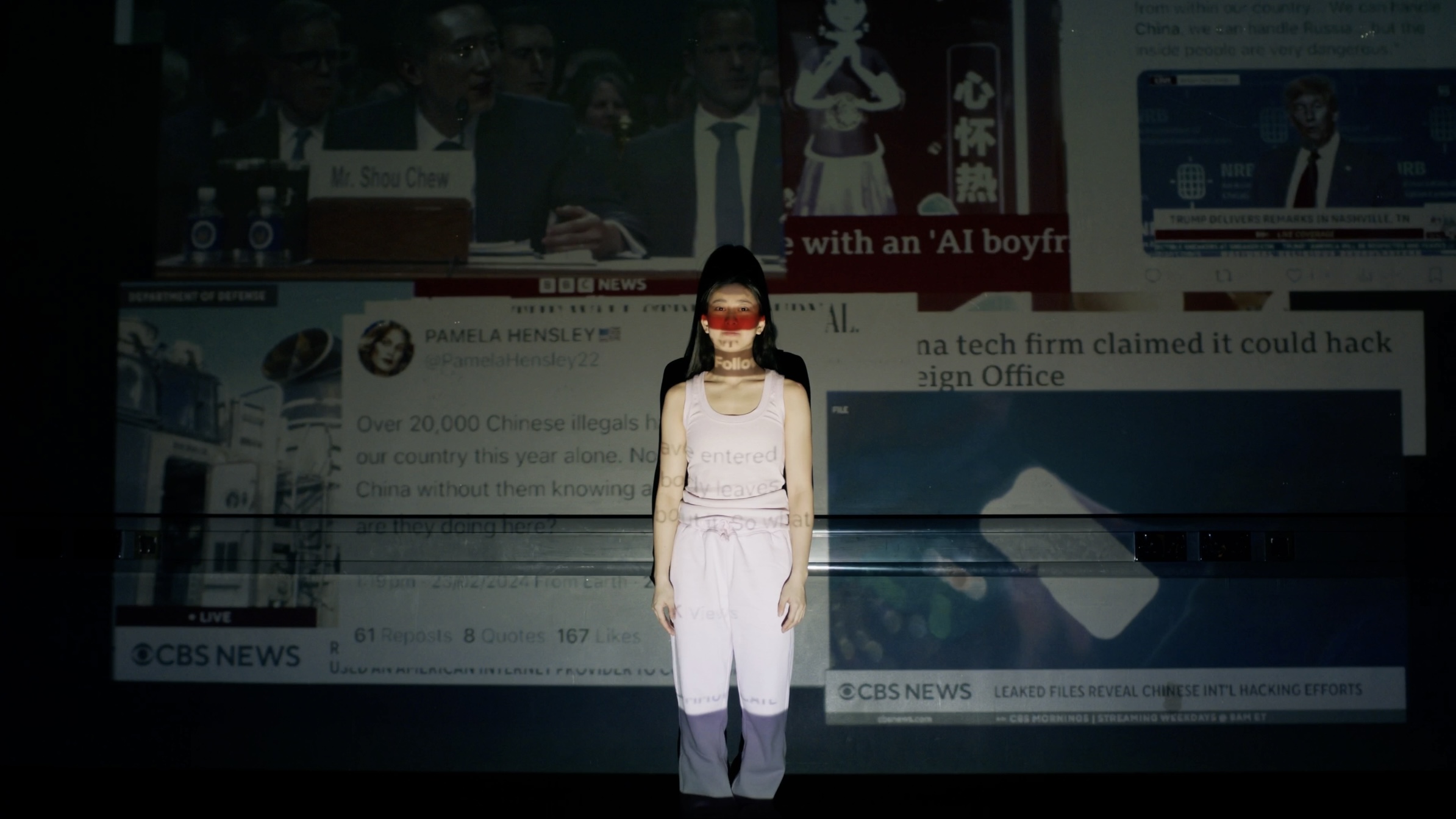
Sky Fong
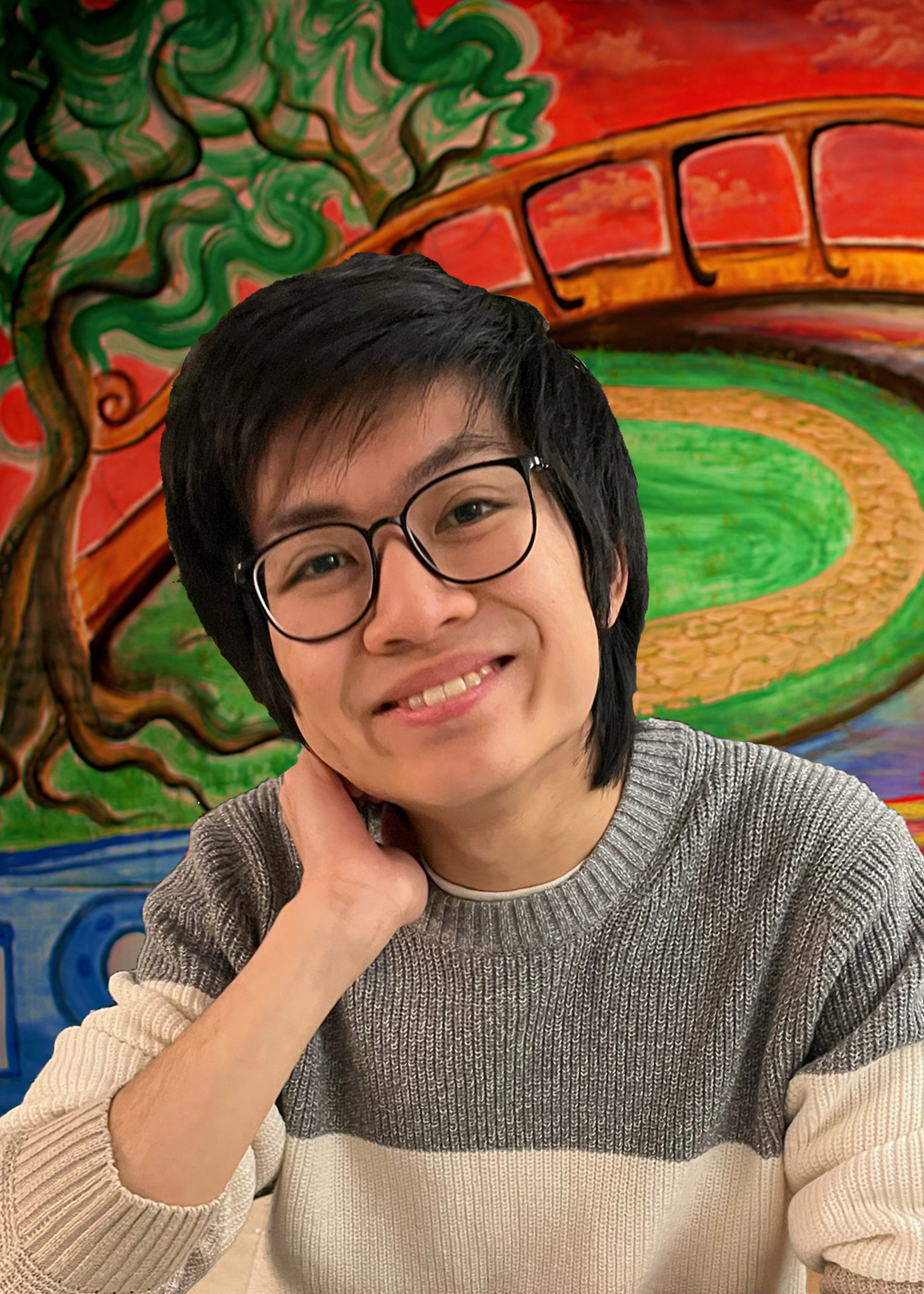
Sky Fong is a recent graduate from Lancaster University studying BA Film and Creative Writing. He has been involved in many student productions, including being award-nominated for directing “Platform”, and directing “Pop!” alongside Sam Turnbull. He has also worked on other productions as director of photography, including “The Monster You Are” and “White Daffodil”. His research and films are focused on dealing with musicals and movements of bodies, and especially how they relate to his personal experience as an immigrant from Hong Kong, which is evident in his recent experimental works, “Irish Dreams” and “Dead Bodies, Moving Bodies”.
